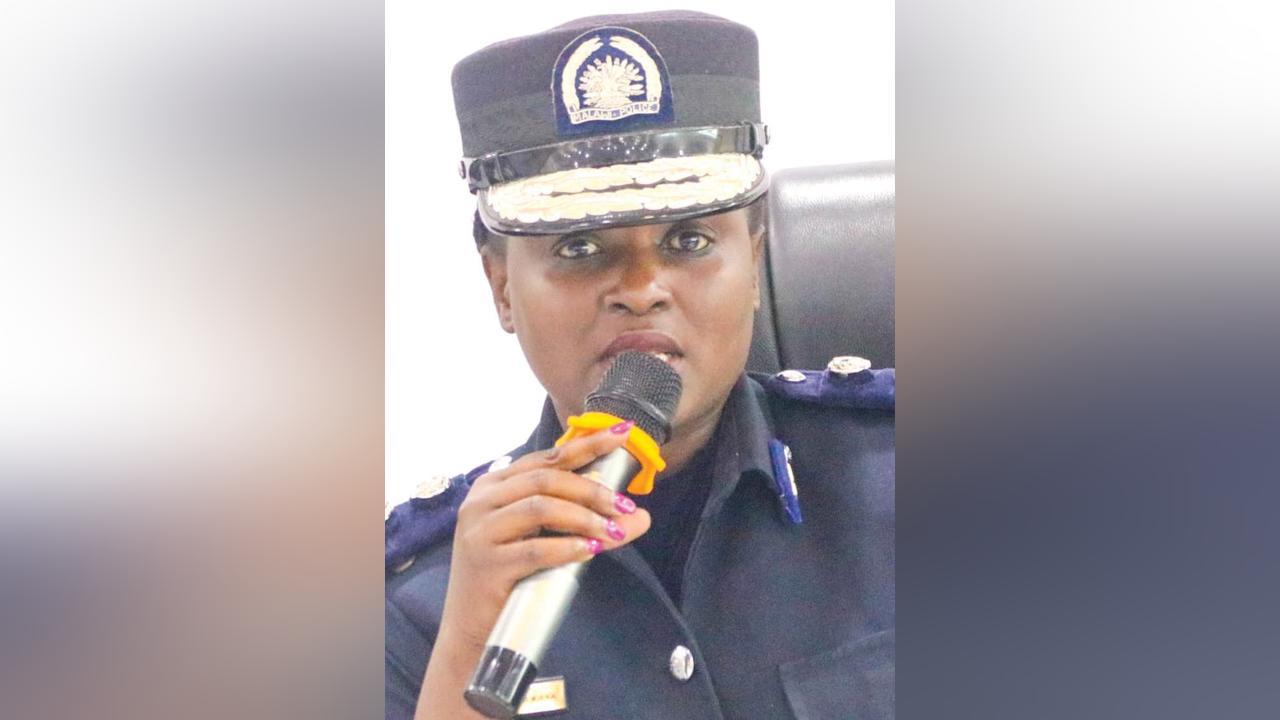Africa-Press – Malawi. CHINGAIPE—Something is wrong about the
relationship between ruling parties and law
enforcementBy Deogratias Mmana:
Ruling parties have been the main drivers of electoral violence since the attainment of democracy in 1994, a report says.
The trends are presented in a report titled ‘Elections and Conflicts in Malawi: Pattern, Drivers and Mitigation Measures’ by Henry Chingaipe of Institute for Policy Research and Social Empowerment.
Chingaipe, who is also president of the Political Science Association of Malawi, presented the paper to a high-level dialogue in Lilongwe organised by the Institute for Policy Interaction (IPI).
In his presentation, Chingaipe said ruling parties have been the main drivers of violence as they try to sustain political power that gives them authority to govern a state.
He said governing parties have used both violence and elections as pathways to political power when the two should not be used together.
According to the report, the number of cases of interparty electoral conflict and violence were decreasing from one general election to another frome1999 to 2014 suggesting that the spirit of political tolerance among political parties was gaining depth.
Chingaipe said in 1999, there were 38 recorded cases of violence, 29 in 2004, and 13 in 2009, and nine in 2014 and 13 in 2019.
“The dominant narrative of interparty violence in the country is that most cases involve the ruling party as a leading perpetrator through its youth wing or hired thugs.
“Interparty violence in Malawi is hardly spontaneous. It is almost always intentional, systematic organised criminality by people who seek to acquire or maintain mandate of the control of the state whose primary work includes dealing with criminality, securing rights e citizens and ensuring security,” reads the report.
The paper cites some factors that cause and drive electoral conflicts and violence. These include competition for and proximity of venues for rallies, demonstration of political party support in its stronghold, misguided sense of entitlement among ruling party cadres and that the electoral law does not designate the perpetrators of electoral violence as an offence to be addressed under electoral laws.
“The acts of violence of political party cadres involve disruption rallies of their opponents, beating up competing candidates and or their supporters, intimidating supporters of other candidates and political parties and removal of flags and other campaign materials of other parties and rival candidates,” the paper reads.
On misguided sense of entitlement among ruling party cadres, the report says: “The youth cadres of political parties, especially the ruling parties, appropriate the political space and project a sense of misguided entitlement that motivates them to act with impunity against other political parties, sometimes conduct themselves as militia and an informal rule understood by the law enforcement agencies including the police, effectively puts them above the law.”
The report adds that the Young Democrats of United Democratic Front; the Cadets of the Democratic Progressive Party; the Orange Boys of the Peoples Party; the Youth Leaguers of Malawi Congress Party, as agents of ruling parties, acquire a sense of exclusive entitlement to the political rights and citizen belonging to opposition parties or political groups are seen as enemies of the government not worthy any of the political rights provided by the Constitution.
“There is something wrong about the relationship between ruling parties and the law enforcement agencies that begs reform to address incentives for wrong doing,” the report says
Board Chairperson for IPI, Ollen Mwalubunju, said it is sad that the role of the youth has been under spotlight as a tool for violence ever since democracy
Mwalubunju also took a swipe at political leaders for finding joy in abusing the youth for violence.
Executive Director for Centre for Multiparty Democracy Boniface Chibwana, speaking on behalf of all political parties with representation in Parliament, condemned the acts of the youth from various parties and promised that the youth will behave better during this year’s elections.
During the meeting, the Malawi Police Service received most slaps for demonstrating failure to manage violence.
However, Commissioner Barbra Tsiga Mchenga assured the nation that the police are ready to deal with those that perpetrate violence during the campaign period.
She said the police are conducting investigations into the previous violent acts.
“We are trying to be thorough in our investigations,” she said.
The dialogue was under the theme: ‘Desist from violence: Promoting peaceful elections through institutional collaboration’.
For More News And Analysis About Malawi Follow Africa-Press






